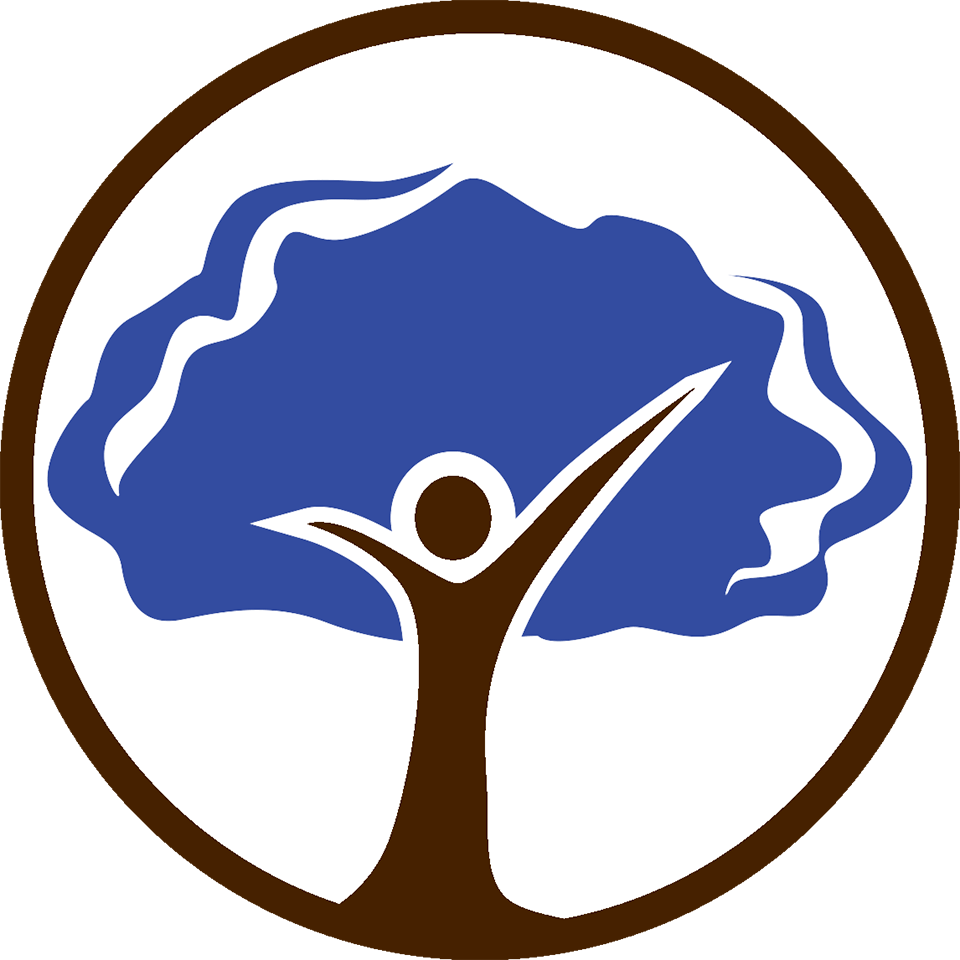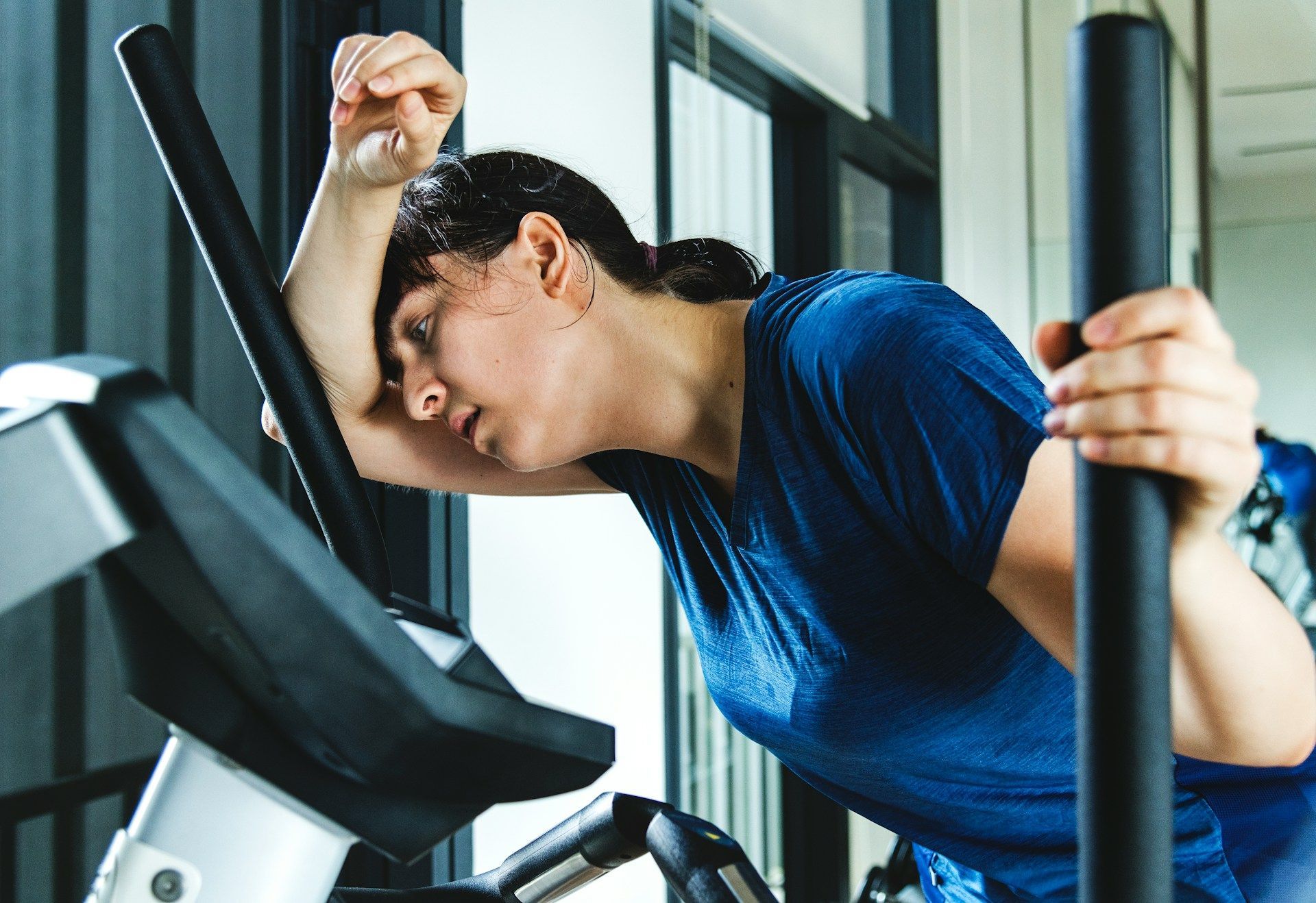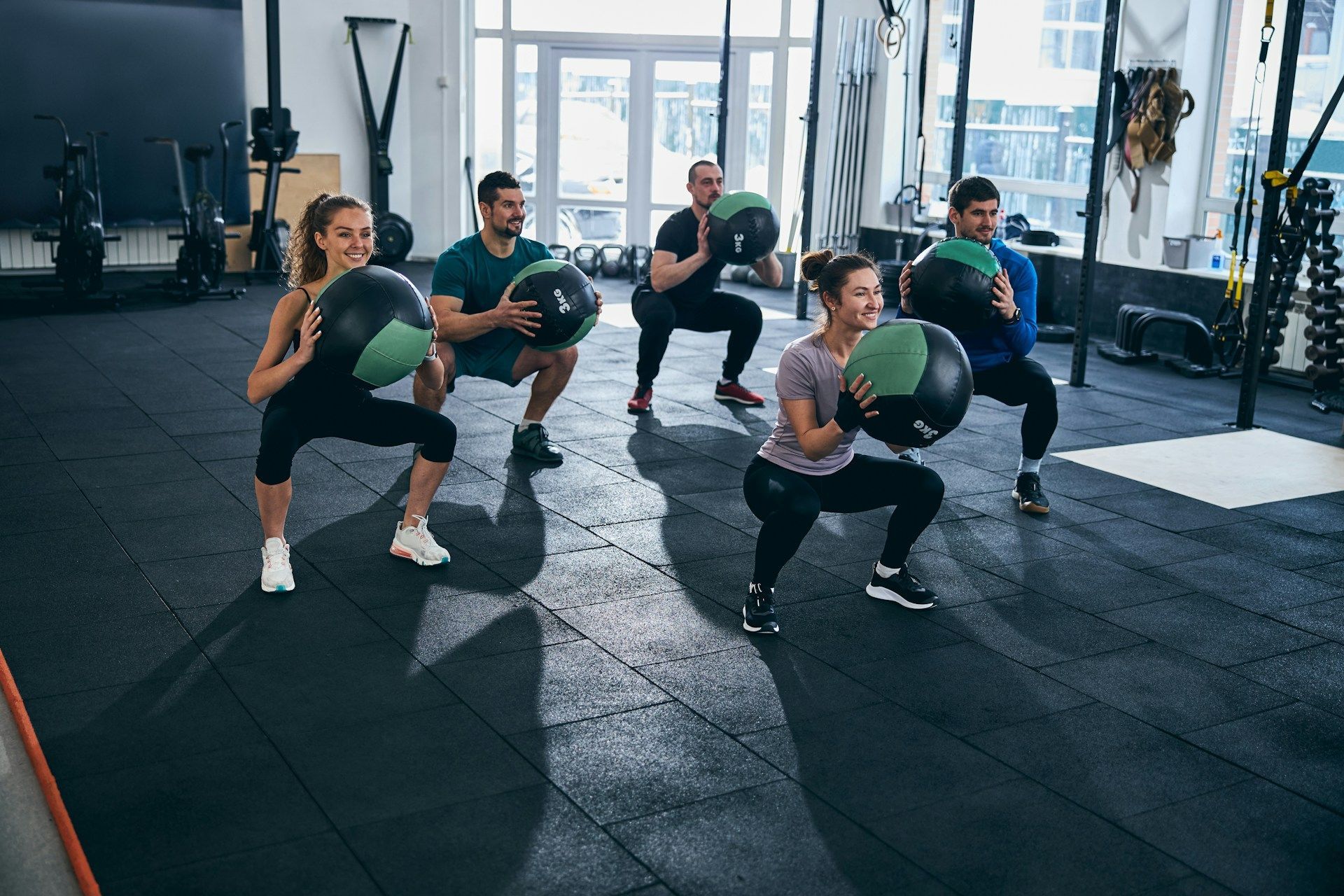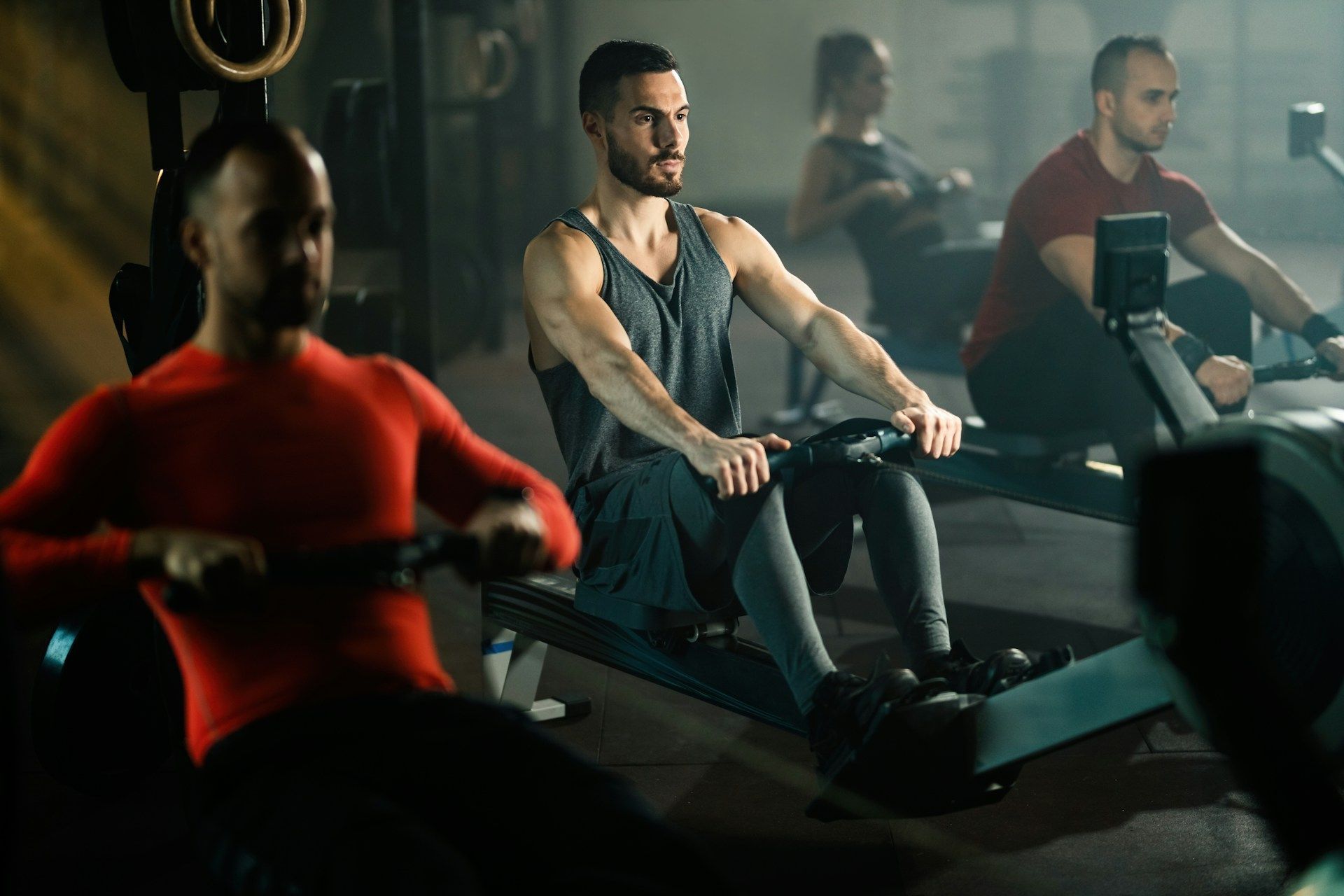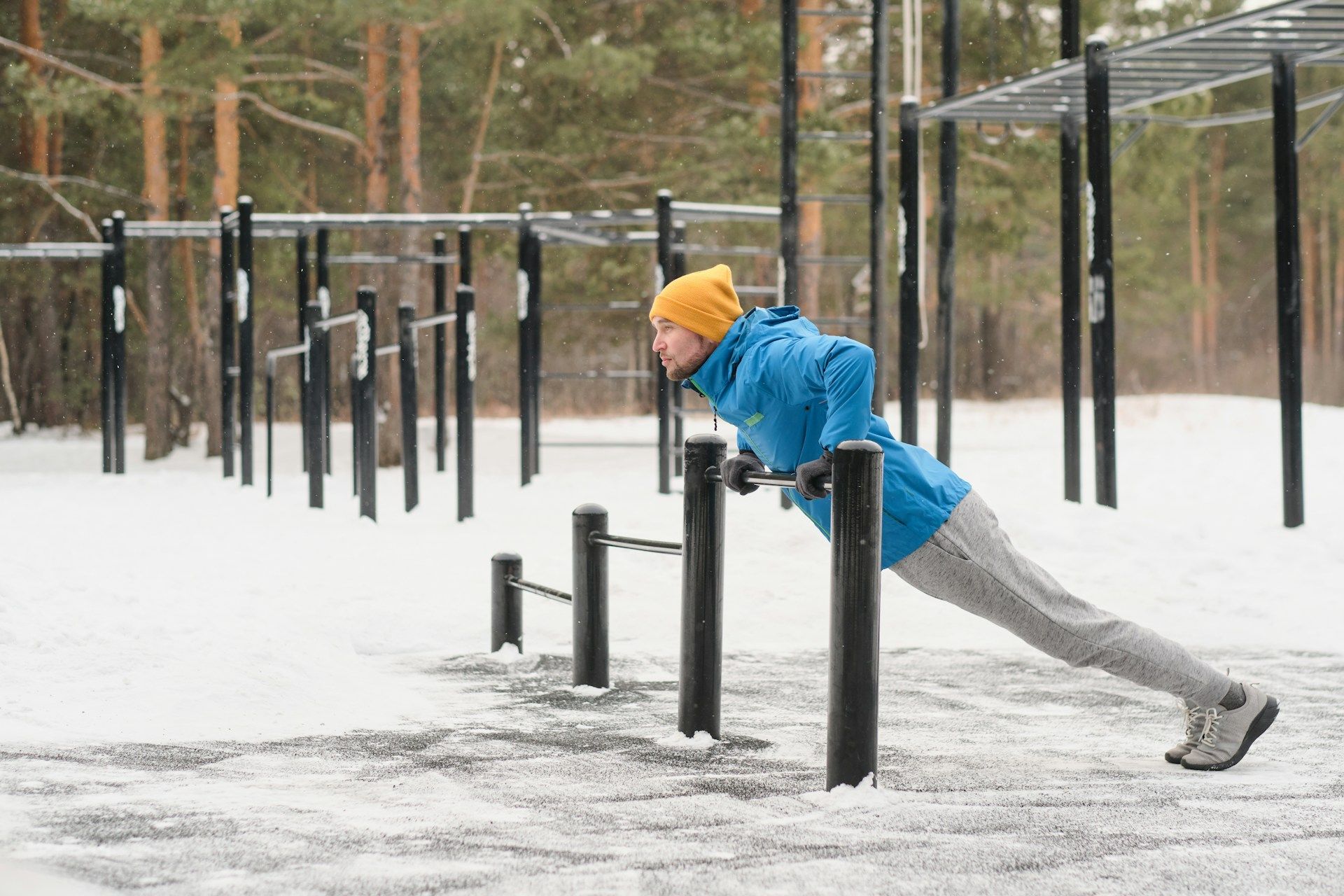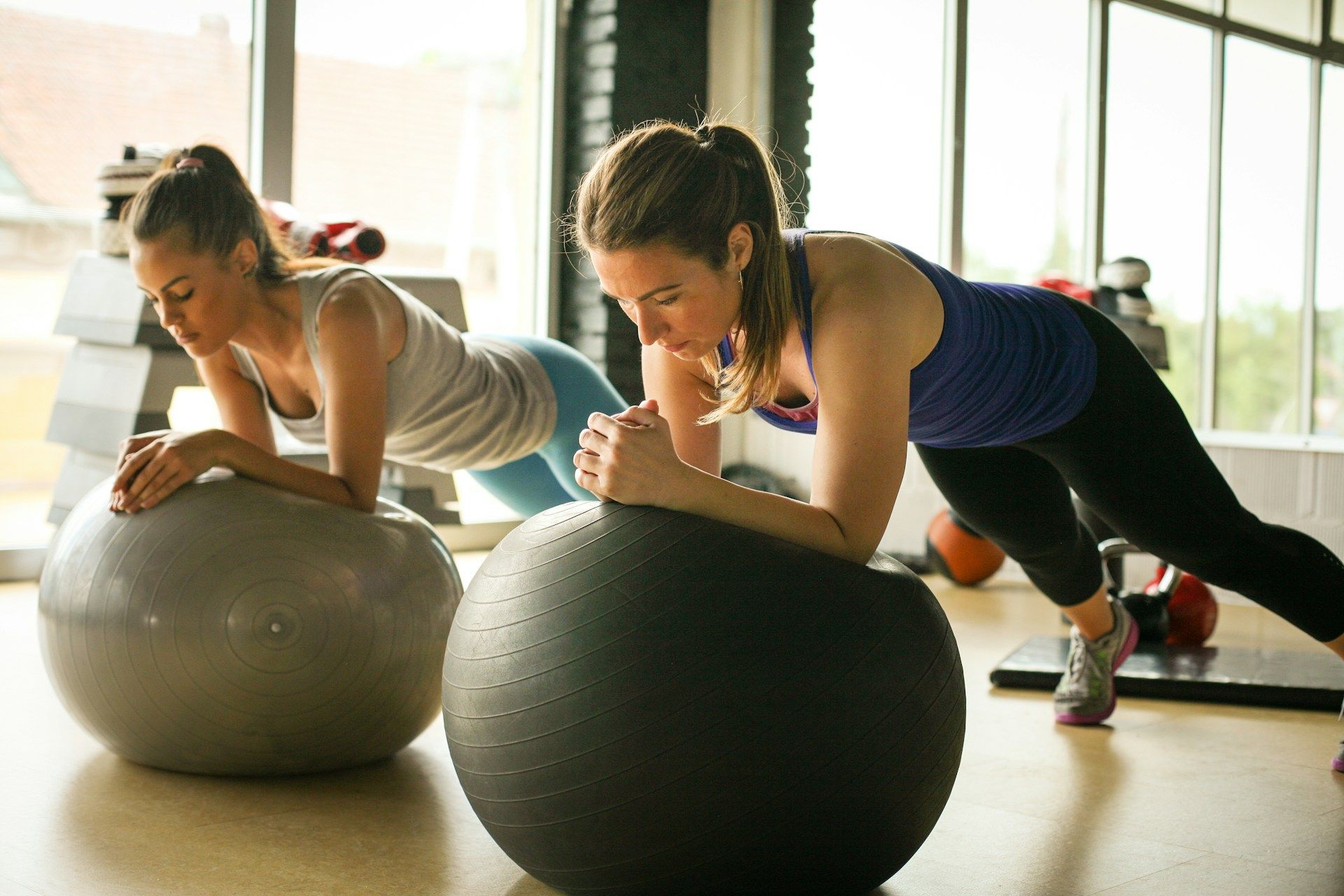Boost Your Fitness: The Power of Sleep and Recovery
Sleep is like the secret sauce for anyone who loves working out and staying strong. Whether you're lifting weights, running marathons, or just trying to stay fit, getting enough good sleep is key. Sleep helps your muscles recover, keeping you ready for the next challenge. For the fitness enthusiasts on St. Simons Island, taking care of your body through rest can make all the difference. This is where Live Oak Fitness plays a role by providing insights on maintaining optimal fitness through rest.
Why does sleep hold such power for muscle recovery? It’s all about giving your body time to mend and grow stronger. When you push your muscles during exercise, tiny tears happen in the fibers. Sleep offers them a chance to heal, not just repairing the muscles, but also making them stronger. So, if you want to see gains, make sure you’re not skimping on your shut-eye.
Why Sleep Matters for Muscle Recovery
When you sleep well, your body works like a wizard to make your muscles better. During deep sleep, blood flow to your muscles increases, which means they get more oxygen and nutrients. This helps fix any microscopic tears in muscle fibers. Sleep also boosts the production of growth hormones that are like fuel for muscle growth and repair. In this way, sleep turns a tired body into a power-packed machine, ready to tackle the next workout.
Sleep has another cool trick. It helps balance your mood and improve focus. When you’re well-rested, you make smarter choices about your workouts. This means less chance of overdoing it and more chance of sticking to a plan that works. Remember, muscles need time to strengthen, and sleep is an essential step in that process.
Rest Days and Recovery
In any fitness routine, taking time to relax can be just as important as working out. Rest days give your body a break. They aren’t about doing nothing—they’re about slowing down. This is when real recovery happens. Muscles recover their strength, and you avoid burnout. Plus, rest days can lead to better sleep. When your body isn’t constantly on the go, your sleep improves, leading to quicker muscle healing.
To help with better recovery during rest days, you can:
- Enjoy light activities like a walk or gentle stretching
- Focus on eating proteins and other nutrients that aid muscle recovery
- Drink plenty of water to keep muscles hydrated
By prioritizing rest along with your workout schedule, you set the stage for a balanced fitness routine, making every day more effective. Taking time to rest lets your muscles rebuild into even stronger versions after exercise. It’s an important part of reducing the chances of getting hurt and helps balance your physical efforts with proper sleep.
Understanding Sleep Cycles
Sleep isn’t just about closing your eyes and resting. It's a journey through different cycles, each playing a part in muscle restoration and overall recovery. Imagine these cycles as stages in a play, each with a specific role. The most exciting part for fitness folks is deep sleep. This stage is like a repair shop for your muscles, working hard to fix and fortify the tissue that gets stressed during your workouts. It’s when your growth hormone levels are at their peak, giving your body the boost it needs to grow stronger.
The REM (Rapid Eye Movement) stage also steps in, not for muscles but for the mind. This is where your brain processes the day’s events, helping you keep focused and motivated in your fitness routine. When you cycle through all sleep stages properly, you wake up refreshed and ready to embrace your exercise regime with enthusiasm and energy. Understanding and respecting your body's natural sleep rhythm is a crucial step in taking your fitness game to the next level.
The Impact of Overtraining and Sleep Deprivation
Pushing yourself during workouts is great, but more isn’t always better. Overtraining is like driving your car without oil; sooner or later, something's going to break down. When you don't allow your body ample time to rest, your performance might hit a wall. You might notice slower times, weaker lifts, or just feeling run down.
Sleep deprivation tags along as an unwelcome partner. It can mess with your mood, zap your energy, and lead to poor decision-making, throwing your fitness goals out of whack. So, give your body and mind the rest they need. Overtraining combined with lack of sleep is a recipe for burnout and setbacks, which is why finding balance is so crucial.
Tips for Improving Sleep Quality
Sure, sleep is important, but how do you get the best kind? Start by setting a regular sleep schedule. Going to bed and waking up at the same time every day helps set your internal clock. Your bedroom environment also plays a huge role, so make it cozy: dim the lights, lower the noise levels, and find a comfortable temperature.
Here are some handy tips for better sleep:
- Avoid caffeine and heavy meals before bedtime to help the body wind down.
- Engage in relaxing activities like reading or taking a warm bath to signal to your body it’s time to rest.
- Limit screen time an hour before bed, as the blue light from screens can disrupt your natural sleep cycle.
By making these adjustments, you invite deeper, more restful sleep, giving your muscles and mind the time they need to recover from the rigors of exercise.
Enhancing Performance Through Rest
Remember, the secret to better performance isn’t just in the weights you lift or the miles you run. It's in recognizing when to pause and rest. When you combine active workouts with peaceful sleep, you create a foundation for stronger, more resilient muscles. This balance also contributes to greater mental clarity, keeping you on track and motivated.
Finding this balance requires listening to your body and responding to its needs. Rest isn’t just the counterpart to work; it’s an integral part of the growth and improvement that every fitness journey demands. Embrace quality sleep and downtime as parts of your training regimen, and you'll likely see both performance benefits and a more enjoyable fitness journey.
For those on a fitness journey, finding the right balance between effort and rest can take your progress further. If you're ready to take the next step with expert support, explore how working with a
private personal trainer can help you stay on track while making recovery a priority. At Live Oak Fitness, our team can help you create a routine that works with your body, not against it.
